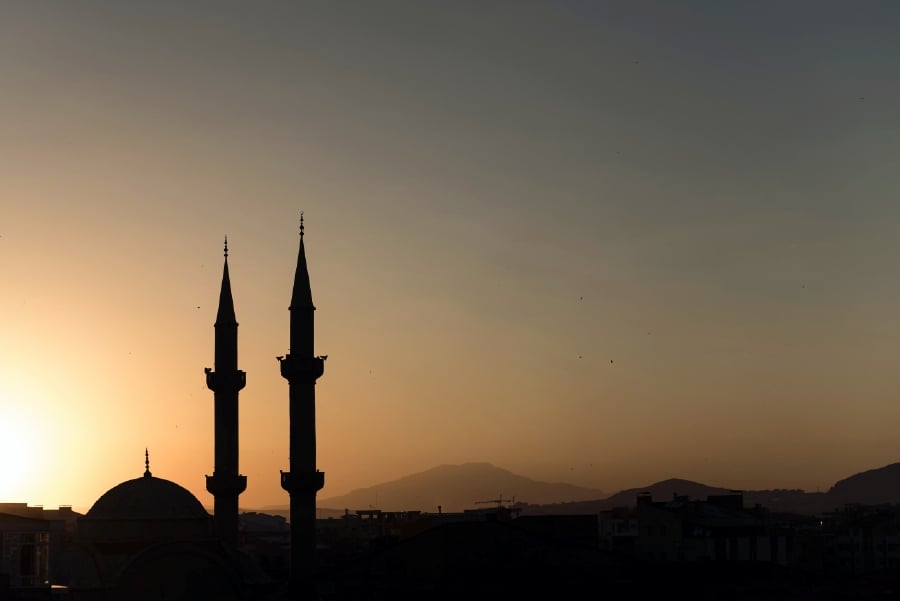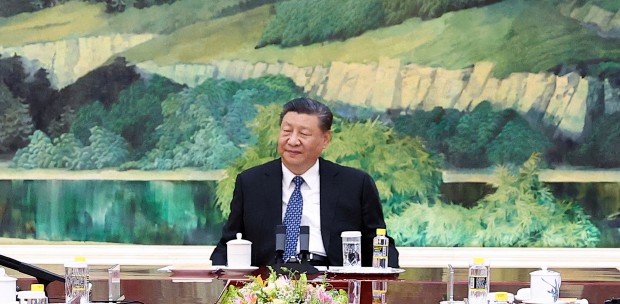"KERANA pulut santan binasa, kerana mulut badan binasa" is an apt Malay proverb to describe the individuals who allegedly insulted Islam, and a politician who used profanities on his opponents in Parliament recently.
Insulting Islam, or any religion for that matter, is an offence and morally wrong. The people must demand that stern action be taken against the offenders.
Anyone will be riled up if adherents of a religion insulted another faith. But when Muslims themselves do it, the damage is far greater. It can be considered blasphemy.
Resorting to vulgarity only demeans the politician himself.
We can imagine the long-lasting public impression of the person who is fond of using profanities, although he may have immunity in the highest legislative body in the country.
Both blasphemy and profanity are socially offensive. They have a direct effect on human emotions.
They are a spontaneous reflection of strong emotional states like anger, fear or passion. They inflict emotional pain and trigger violent disagreement.
According to a recent study in the Journal of Social Psychological and Personality Science, a peer-reviewed academic journal that covers research in social and personality psychology, one major common trait in people who swear a lot is that they are honest.
That's right. People who curse often are less deceptive in personal and group settings than those who do not curse often.
Blasphemy may be different from profanity in meaning, but for the sake of understanding the current issues, they are socially unacceptable language we do not use in conversation or in public.
They violate our emotions. They violate our beliefs and fundamental freedoms of expression and religion.
People may argue that "saying things as it is" is one's right, but look at the damage recent incidents caused in society.
The insults to Islam and the profane words used by the politician have antagonised the public.
Some of us may not realise the impact, but one thing is for sure, it caused a dent in social stability.
We all believe in freedom of expression. But how far can one express himself in the public sphere, considering the sensitivities in society?
One can always make a rational criticism of a situation he sees as unjust, but such an expression can never be absolute.
Across the globe, different nations perceive freedom of expression according to societal needs.
Nevertheless, it is upheld by all major international human rights instruments, such as the Universal Declaration of Human Rights 1948 and the International Covenant on Civil and Political Rights 1966.
The European Court of Human Rights sees freedom of expression as one of the essential foundations of a democratic society.
It stated that freedom of expression "is applicable not only to 'information' or 'ideas' that are favourably received or regarded as inoffensive or as a matter of indifference, but also to those that offend, shock or disturb the state or any sector of the population".
There is no differentiation between the kinds of information or ideas that can be uttered or disseminated under the right to freedom of expression.
I believe Malaysia can never assume such a position as we are different from European societies. The right to freedom of expression should have limits.
In our country, we need to balance one's right to freedom of expression and one's right to protection, such as the protection of public order, safety and reputation.
Over the years, we have seen horrid incidents when freedom of expression was abused by certain quarters.
Although silly politicians who are fond of using foul language may not trigger a riot, insults and blasphemous statements on Prophet Muhammad and Islam can result in this.
We do not want to see contempt of Prophet Muhammad repeated in our nation.
Muslims the world over, for instance, will always remember when a Danish newspaper published a caricature of Islam's most revered figure, which led to horrific consequences and other incidents, which include the Charlie Hebdo shootings in Paris.
The writer, a former NST journalist, is a film scriptwriter whose penchant is finding new food haunts






